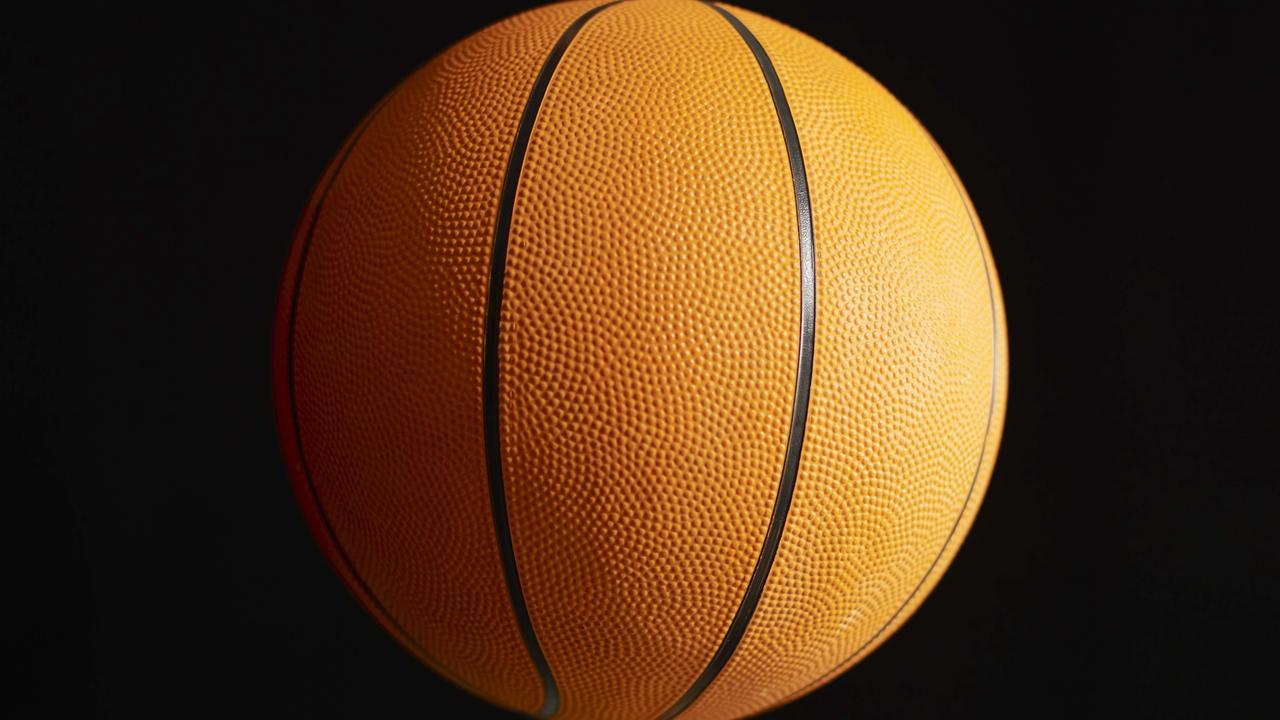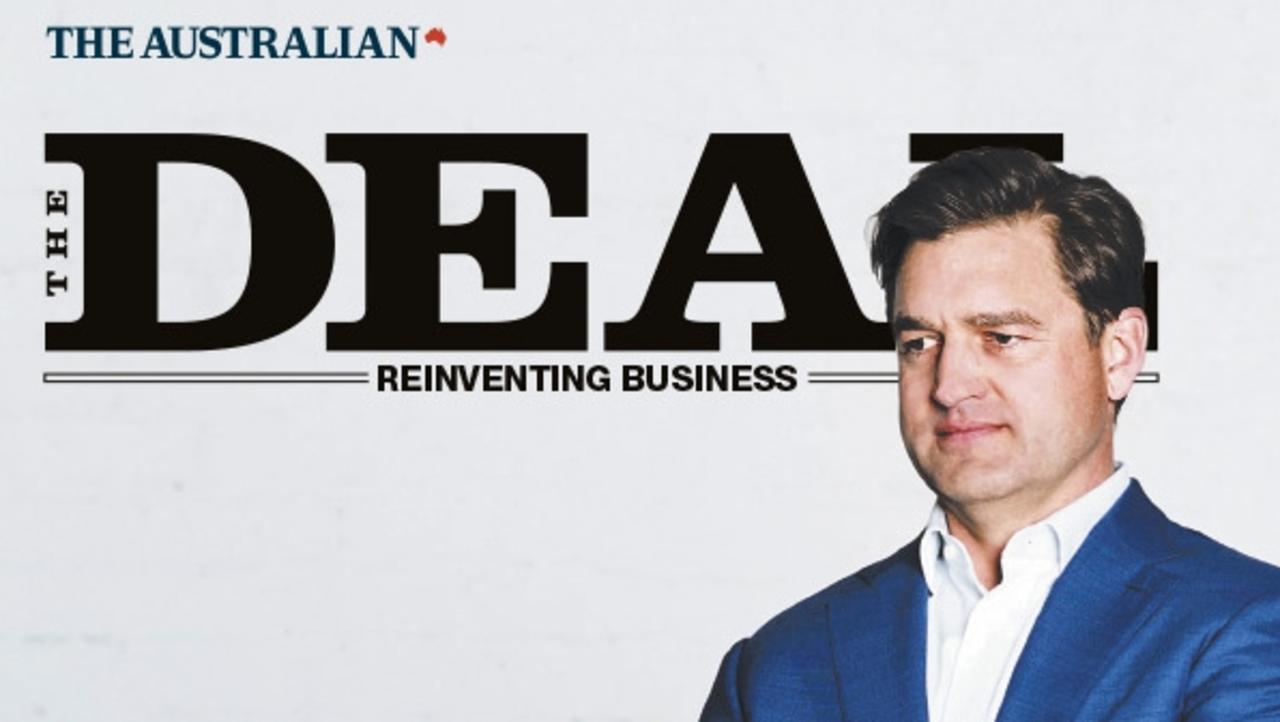So you want to buy a sports team...
Owning the team may be every fan’s dream and serious money can turn the fantasy into reality. But be prepared to put in the hard yards.

So you have made some big money from the sale of your bus-iness, or the cashflow from your existing company is strong enough for you to be able to afford a big, shiny new toy.
Forget the yacht or fast car (you may have those already). You want to buy a sports team.
You have sampled the action from the corporate box, are probably a die-hard fan, but you want to be the glory, to hire and fire coaches and recruit star players. You’ve won in business and believe your skills can help bring sporting success too.
The good news is that there are plenty of options. While AFL clubs are all not-for-profits, soccer’s A-League and the National Basketball League are in private hands, as are half the National Rugby League sides. Even Australian Baseball League teams have been privatised.
Prices can be reasonable too, especially if you’re part of a consortium. It’s not the hundreds of millions or even billions that European soccer clubs or American Football teams trade for. If you want an Australian baseball team there’s no upfront cost – you just have to cover losses. An NBL team may cost a few million dollars; A-League clubs would start at $10 million and go up, as would smaller NRL clubs.
But what are you in for? A lot more time and effort than you might have imagined, according to one-time Illawarra Hawks NBL owner James Spenceley. He made his fortune from running telecommunications firm Vocus and took over the Hawks in 2014 when the club was broke.
“I did it for the challenge, and we tried to build things up incrementally rather than flashing the cheque book. But I remember the abuse I’d get from fans if you didn’t win. And if you did win it was because of the coach.
“I remember what would happen when I watched games too. Something would come over me and I’d be on my feet, shouting and screaming. One time we lost one match on a controversial last-minute call when the refs missed an obvious foul. Next time I’m chasing the referees, screaming at them, telling them they were wrong. What was I doing?”
Spenceley gave up corporate life to run his small caps funds management firm MHOR Asset Management and sold his stake in Illawarra in February, slightly frustrated at the league not generating sufficient broadcast revenue for its clubs.
In financial terms, he got off lightly compared to others. In 13 years, combined losses for A-League club owners have exceeded $300 million, though some owners make money when they sell. Lawyer Greg Griffin and business identity Rob Gerard sold soccer club Adelaide United this year for $12 million following a $1 million investment in 2010, but that’s a rare tale.
Scott Penn and his family own the NRL’s Manly and have contributed at least $10 million in a decade, while NBL owner and rich-lister Larry Kestelman is said to have spent more than $30 million.
You have to be aware of the dollars, but you really have to be passionate to be in it. You have to love the sport.
And despite the costs, owners keep coming. In August, Paul Smith bought 50 per cent of NBL club the Sydney Kings two years after selling sports consultancy Repucom for $US195 million ($271 million). Smith has since established Total Sport & Entertainment and says he can use his firm’s expertise. “We wanted to get involved in the ownership side and should be able to leverage our knowledge of the industry, having [commercial] rights and being owners to make this viable.”
Rory Vassallo sold his Perth childcare chain for $65 million in 2014,and in August became chairman of ABL club Perth Heat as part of an ownership consortium that includes Eileen Bond.
“Every week I see new commercial opportunities and what stood out clearly with Perth Heat is its potential,” says Vassallo. “Commercially we’re looking to bring the collective expertise of the new ownership group to enhance the operating rigour and professionalism.”
Melbourne Victory chairman Anthony Di Pietro, who has presided over two grand final wins, says owners have to know it will be costly but also not look at it as a normal investment. “You have to be aware of the dollars, but you really have to be passionate to be in it,” he says. “You have to love the sport.”
It also has its ups and downs. “One minute you’ve got fans having selfies with and high-fiving you and the next minute they’re pointing fingers at you when something goes wrong,” Di Pietro says with a laugh, while conceding that he’s far better known for his Victory role than as the boss of the $500-million Premier Fruits Group.
“But the best thing is you get exposed to people from all walks of life. Sport brings them all together, and collectively seeing a team do that and win is a fantastic experience.
Spenceley concurs. “You know what? It’s also a bloody lot of fun,” he says. “There is nothing like it in business, having a big win. What is the closest thing? Maybe launching a great new product, or doing a big deal. But really, nothing else comes close.”
Just be ready for those costs. It is the true price of glory.
John Stensholt writes on the business of sport for The Australian




To join the conversation, please log in. Don't have an account? Register
Join the conversation, you are commenting as Logout